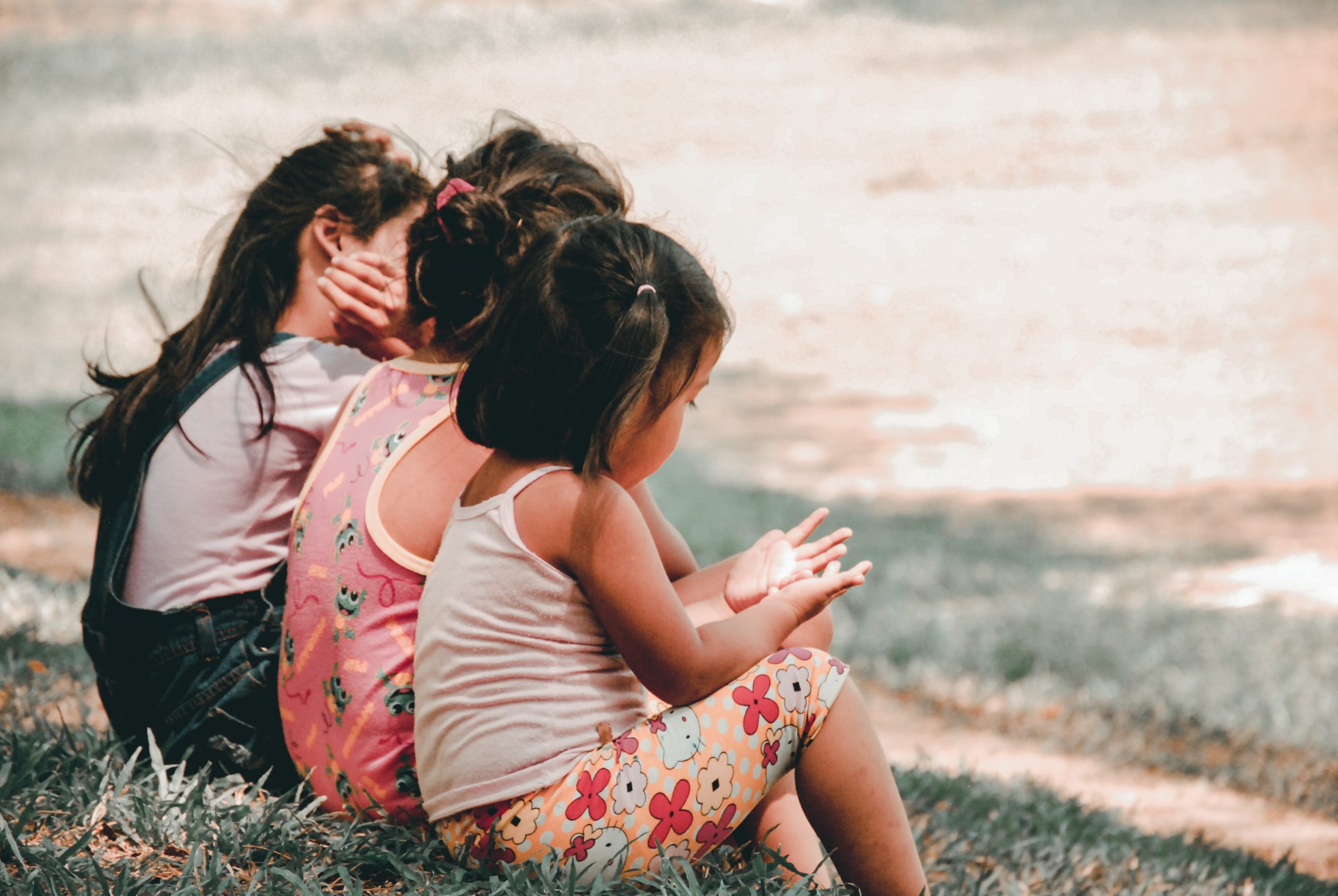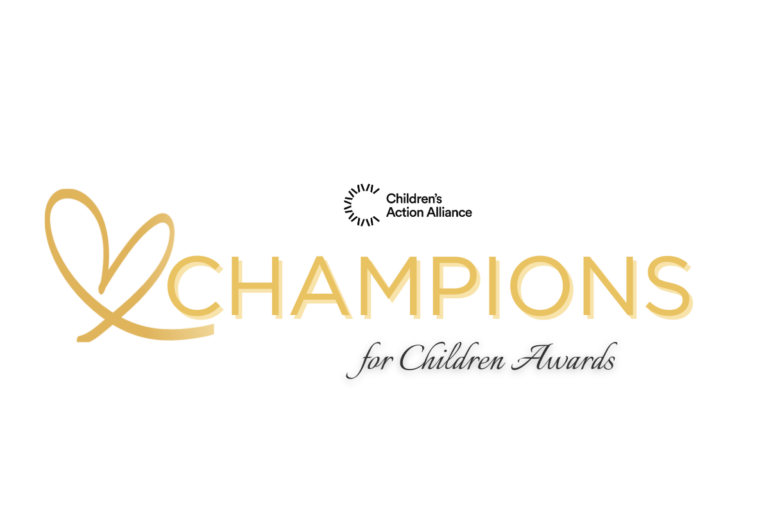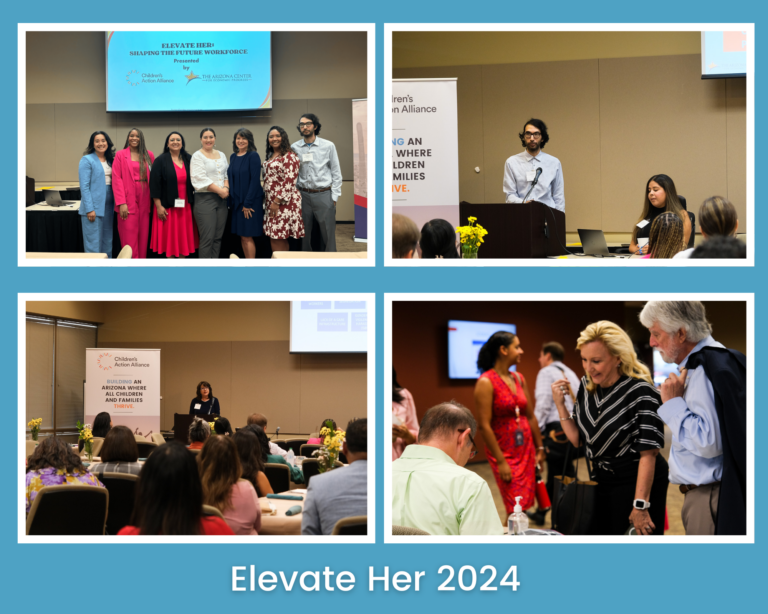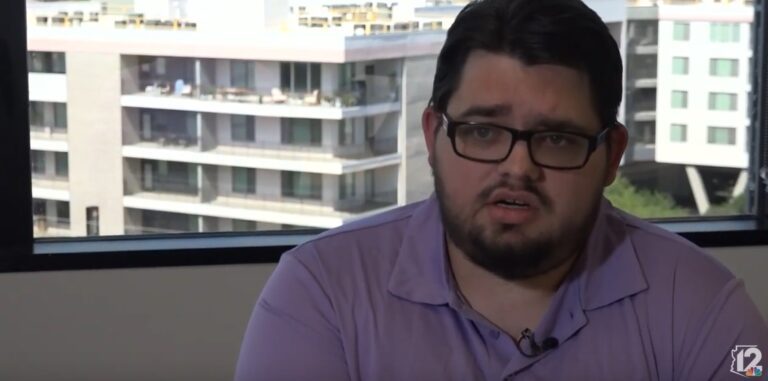
2022 KidsCount Data Show AZ Children are in Crisis
Children in the United States are experiencing anxiety and depression at alarming rates, per the newly released 2022 KIDS COUNT® Data Book, a 50-state report of recent household data released today by the Annie E. Casey Foundation.
In the year before the COVID-19 pandemic, 9% of U.S. high school students attempted suicide. This is alarming on its face – but the Kids Count data also show significant disparities in adolescent suicidality by race, ethnicity, sexual orientation, and gender identity. For example, 12% of Black students, 13% of students of two or more races, 23% of gay, lesbian, or bisexual students, and 26% of American Indian / Native Alaskan students attempted suicide.
The KidsCount Data Book looks at multiple indicators and data sources to rank how children and families are faring in each state. The report ranked Arizona 44th in the nation when it comes to economic well-being, health, and family and community support.
The report also proposes solutions to the systemic barriers to accessing mental health care and other supportive services, particularly for BIPOC and LGBTQ+ students.
As the pandemic took hold, diagnoses of depression and anxiety increased markedly in 3-7 year olds across the country – but decreased in Arizona from 11.7% to 10.8% between 2016 and 2020. While fewer children in our state are being diagnosed with these conditions, additional research is needed to determine whether this is a true improvement in mental health status or simply a symptom of insufficient access to health care.
The report shows other alarming trends in Arizona: higher child and teen death rates, more children living in families where no parent has full-time work, more children without health insurance, and fewer high school students graduating on time are higher than the national average. Though the poverty rate has fallen to an average of 20% throughout our state, it remains higher than the national average of 17%.
The Annie E. Casey Foundation, Children’s Action Alliance, and the AZ Center for Economic Progress recommend the following solutions to keep children mentally and physically healthy:
- Prioritize meeting kids’ basic needs. Youth who grow up in poverty are two to three times more likely to develop mental health conditions than their peers. Children need a solid foundation of nutritious food, stable housing, and safe neighborhoods — and their families need financial stability — to foster positive mental health and wellness.
- Ensure every child has access to the mental health care they need, when and where they need it. Schools should increase the presence of social workers, psychologists and other mental health professionals on staff and strive to meet the 250-to-1 ratio of students to counselors recommended by the American School Counselor Association. Currently, Arizona ranks last in the nation with a 716-to-1 ratio.
- Bolster mental health care that considers young people’s experiences and identities. Care should be trauma-informed — designed to promote a child’s healing and emotional security — and culturally relevant to the child’s life. It should be informed by the latest evidence and research and should be geared toward early intervention, which can be especially important in the absence of a formal diagnosis of mental illness.



